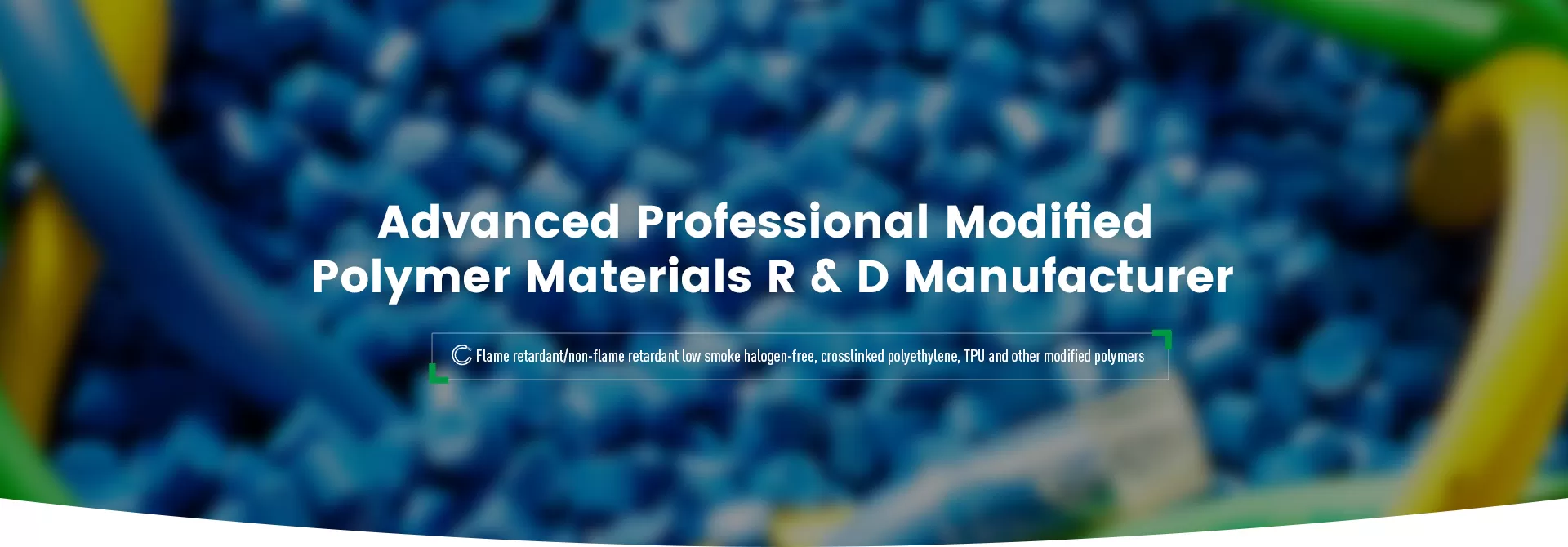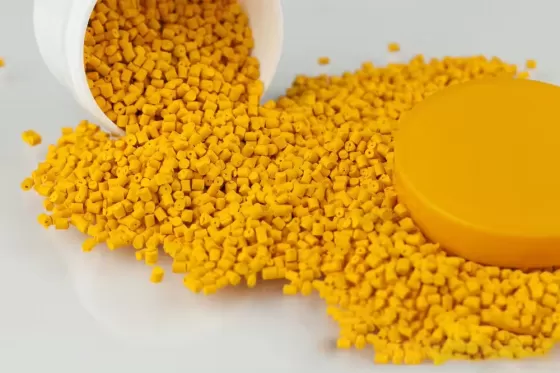

Bio-based thermoplastic polyurethane material, made of renewable materials (content of about 30%-70%). The performance and advantages are comparable to those of traditional petroleum-based thermoplastic polyurethane, and in some aspects even better. The hardness of this product ranges from 82A to 55D.
Application:
Features:
chemical resistance, high temperature resistance, abrasion resistance, low density, low temperature toughness, UV resistance, hydrolysis resistance, renewable source, meet SGS, ROHS, TO10.0, etc.
Bio-based thermoplastic polyurethane (TPU) is a new type of environmentally friendly material. It uses renewable resources (such as corn, castor oil, cassava, etc.) as raw materials to partially or completely replace traditional petroleum-based raw materials, thereby reducing dependence on fossil fuels and reducing the carbon footprint of the product throughout its life cycle.
Bio-based content: The bio-based content of bio-based TPU can be very high. For example, the TPU with a bio-based content of up to 97% developed by Korean scientists shows its great potential in environmental protection.
Performance: Bio-based TPU is comparable to petrochemical-based TPU in physical properties, with high strength, high toughness, oil resistance and anti-yellowing properties, suitable for various applications.
Application areas: Bio-based TPU can be used in many fields such as footwear, film, consumer electronics, food contact materials, etc., providing the same versatility as traditional TPU.
Environmental protection: Bio-based TPU reduces the impact on the environment during the production process and is a representative of sustainable development and green chemistry.
Biocompatibility: Some bio-based TPU grades, such as Texin® Rx, are also biocompatible and meet the needs of healthcare applications, such as the biocompatibility testing requirements of ISO 10993-1.
With the advancement of technology and the improvement of environmental awareness, the development and application of bio-based TPU are gradually increasing. For example, Wanhua Chemical has launched TPU products made of 100% bio-based raw materials. These products use bio-based pentamethylene diisocyanate (PDI) made from corn stalks, and the additives also come from renewable resources, showing the application potential of bio-based TPU in multiple fields。
| Test Items | VALUE | Typical Value | UNIT | Method |
| Density | 1. 17± 0.05 | 1.17 | g/cm3 | GB/T 1033 |
| Hardness | 85±3 | 85 | HA | GB/T 2411 |
| Brittle temperature | ≤-40 | -40 | ℃ | GB/T 5470 |
| UL temperature grade | 90 | 90 | ℃ | UL |
| Properties | ||||
| Tensile strength before aging | ≥20 | 26 | MPa | GB/T 1040 |
| Elongation at break before aging | ≥400 | 550 | % | GB/T 1040 |
| Performance after aging | 110℃× 168h | ||||
| Tensile strength retention rate | ≥70 | 86 | % | GB/T 2951. 12 |
| Elongation at break retention rate | ≥70 | 95 | % | GB/T 2951. 12 |
| Tear resistance | ≥40 | 50 | N/mm | CQC1103-2015 Excursus B |
| Oil resistance | IRM902,100℃*168H | ||||
| Tensile strength retention rate | ≥70 | 82 | % | / |
| Elongation retention rate | ≥70 | 95 | % | / |
| 80℃*168H Hot water resistance | ||||
| Tensile strength retention rate | ≥70 | 78 | % | / |
| Elongation retention rate | ≥70 | 97 | % | / |
| Electrical performance | ||||
| Volume resistivity at 20℃ | ≥1.0 × 1014 | 4.5 × 1014 | Ω .cm | IEC 60093 |
| Flame characteristics | ||||
| Oxygen index | ≥24 | 25 | % | GB/T 2406 |